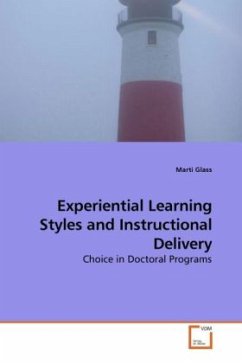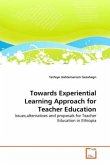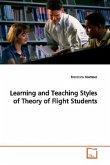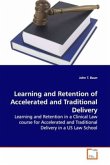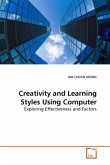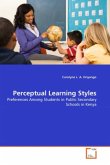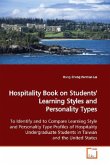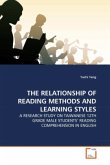This project examined the relationship of experiential learning styles in relation to program choice in doctoral counselor education and supervision programs that were defined as both online and traditional classroom. The importance of factors related to the choice of students regarding a program such as mode of instruction, geographical location, schedule flexibility, accreditation, use of technology, and cost of attendance in relation to age and gender and learning style were examined. The project also sought to evaluate the participants in regards to the four modes of delivery: online, blended/hybrid, web-facilitated, and traditional classroom.
Bitte wählen Sie Ihr Anliegen aus.
Rechnungen
Retourenschein anfordern
Bestellstatus
Storno

